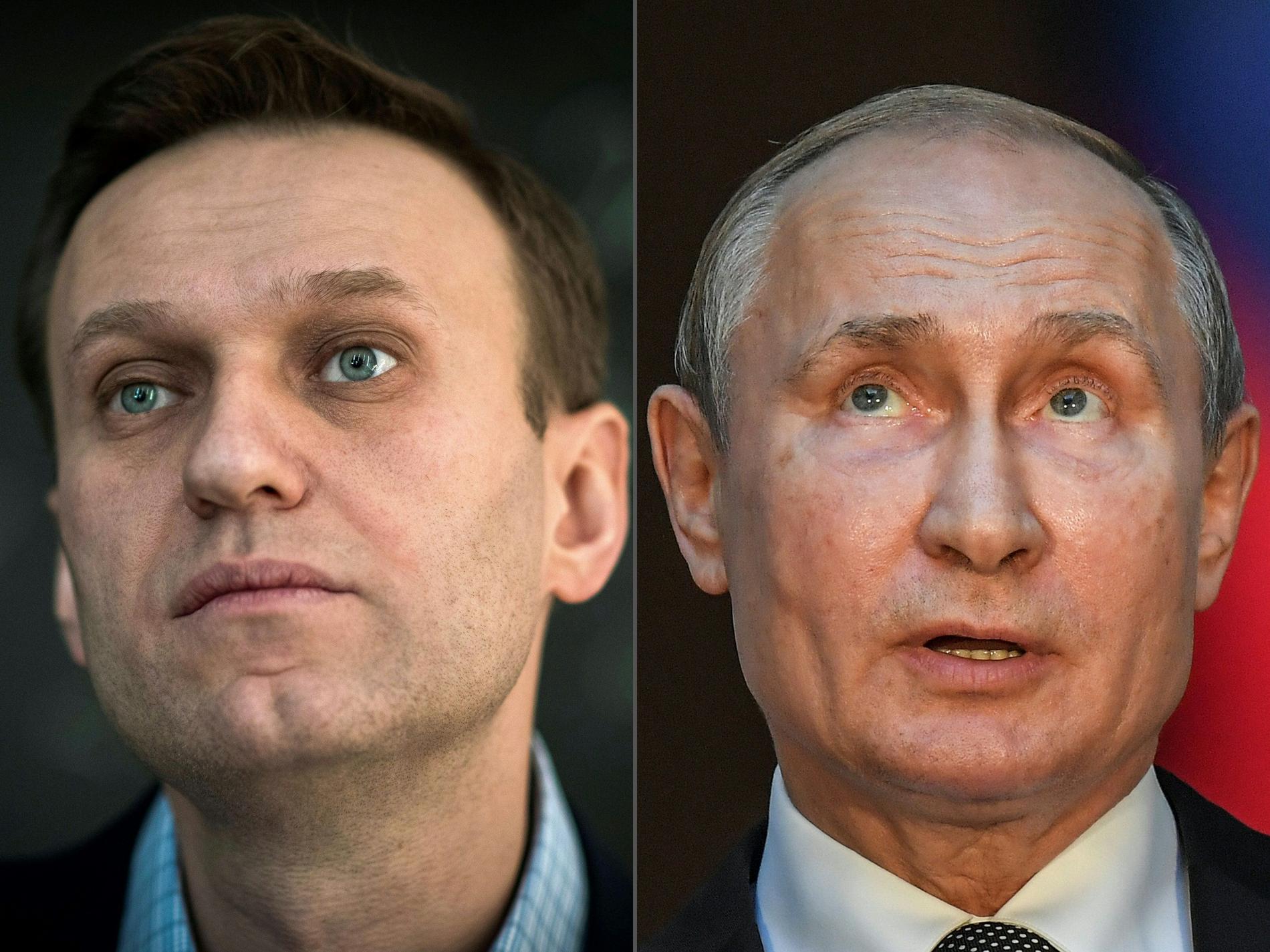
These days it is 550 days since Alexei Navalny was put in prison – and Vladimir Putin put everything into crushing the opposition.
Less than 20 minutes ago
–
Navalny has now been moved to a prison that was recently called a “torture chamber” by the Economist’s Russia chief Arkady Ostrovsky.
This is a fellow who could have walked around a western city as a free man and enjoyed the summer with his wife and children – if it wasn’t for the fact that he chose to sacrifice himself.
Alexei Navalny is hated by President Putin’s friends in the FSB security service after he survived their attempt to poison him.
That he later managed to find the culprits and so on called up one of these agentshas not made him more popular.
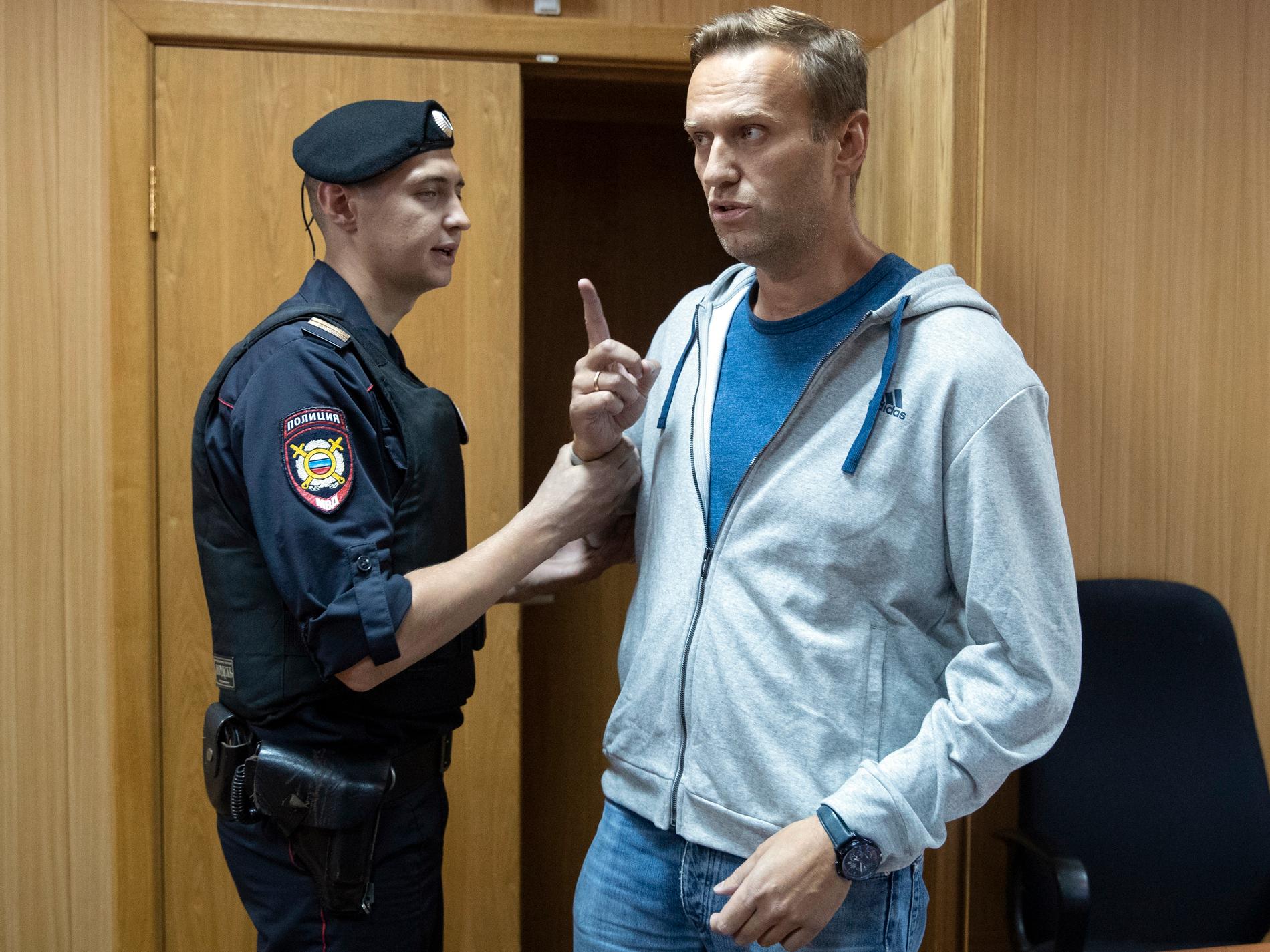 –
–At the same time, Alexei Navalny has now become such a prominent opposition leader that it would cause major problems for President Vladimir Putin if he were to die in prison. If he dies, Navalny will become a martyr.
His strength is – after all – that he is in Russia and in prison.
The Kremlin warned him not to return home from Germany. It would have been better for them to have him in the West than at home in Russia.
Navalny knew he was going to be arrested as soon as he set foot on Russian soil, but he went anyway and although he is expected to be imprisoned for many years, he is a headache for the Kremlin.
After the invasion of Ukraine, a number of opposition figures – be they lawyers, journalists, writers, artists or human rights defenders – have found themselves forced to leave Russia.
Some have done as Navalny – stayed.
This applies, for example, to Vladimir Kara-Murza, whom I met by chance on the street in Vilnius a few days after the poisoning of Navalny, and who told me that he himself had been tried twice by poison.
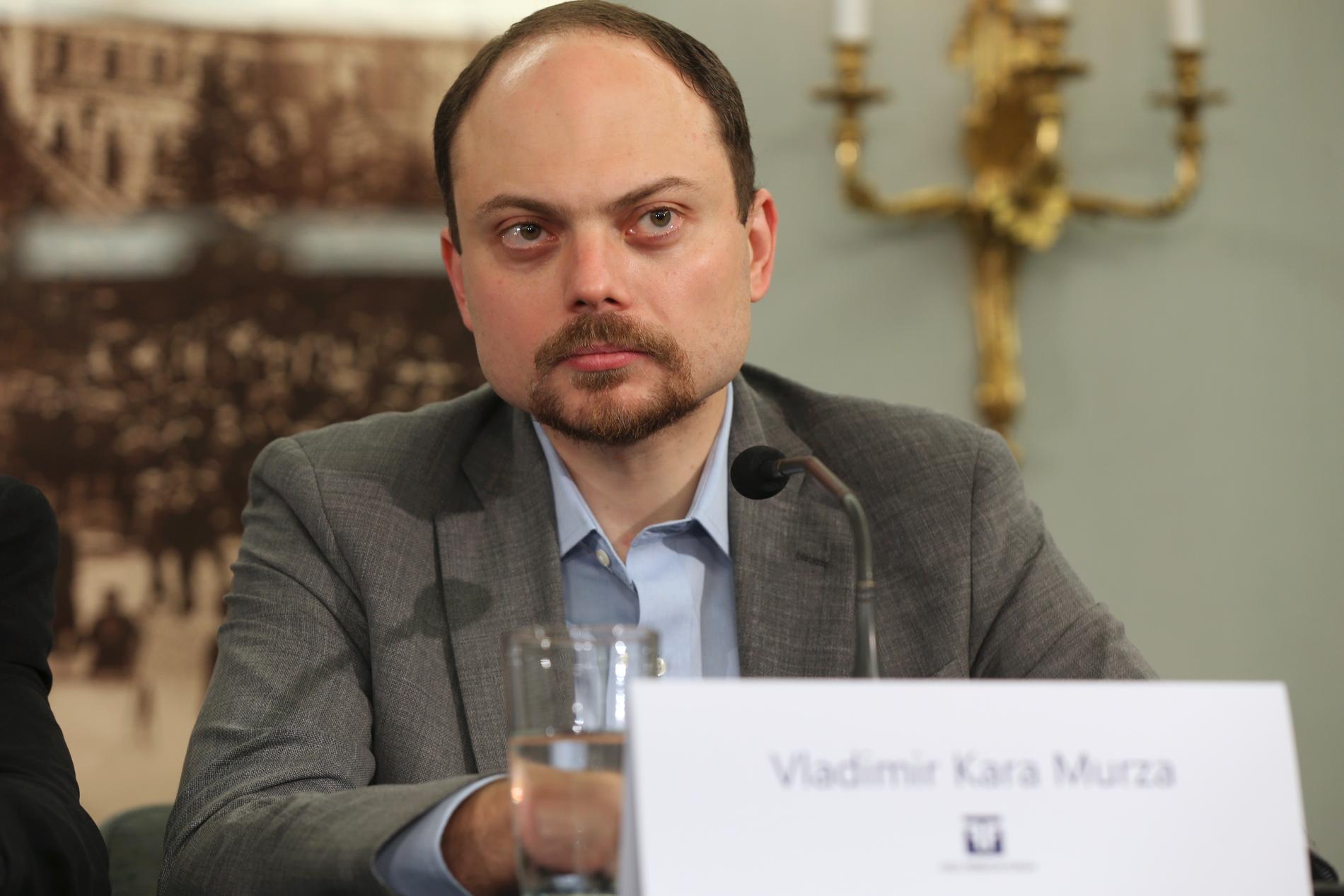 –
–A lawyer, who has defended the opposition in many court cases and who is now in exile in Georgia, tells me that Putin probably started preparing for the war in Ukraine by getting out as many opposition as possible already before February 24, 2022.
After the invasion had begun, Russians poured into the streets to protest. More than 15,000 were arrested. The police cracked down hard on the demonstrators.
Today, no one dares to protest anymore.
The regime gets rid of the few opposition leaders who are still in the country.
Navalny’s colleague Ilya Yashin was sentenced to 15 days in prison the other day for disobeying police orders. Now they want to prosecute him for discrediting the military – which could give him a much worse sentence.
The journalist Maria Ponomarenko is accused of the same. She has been sent to a mental hospital for four weeks, reports her lawyer.
It was a method that was often used against opposition figures in the Soviet era.
Her “crime” was that she posted a Telegram post after Russia bombed a theater in Mariupol, killing hundreds of civilians.
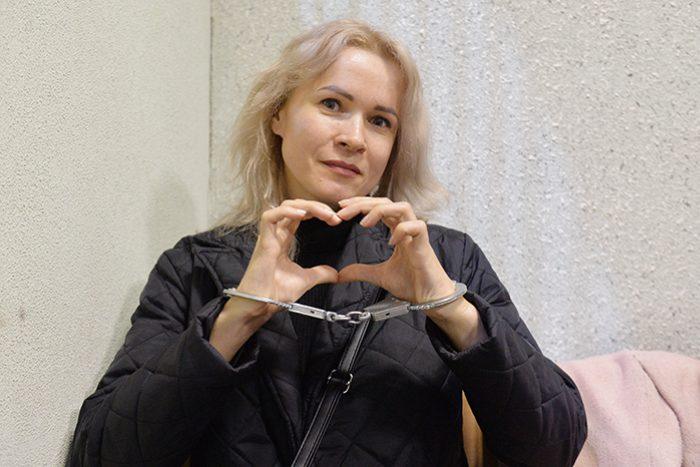 –
–A third example is the St. Petersburg musician Aleksandra Skosjilenko, who became famous this spring when she went around replacing price tags in a shop with anti-war messages.
She is also accused of “fake” information about the armed forces and risks up to ten years in prison.
With such a backdrop, it is strange that the Norwegian authorities have tightened the practice for issuing Schengen visas to Russian citizens.
Most of the Russian war resisters go to Georgia, Armenia and the three Baltic countries.
At the same time, it is understandable if these countries have an underlying fear that Russia will one day “liberate” the Russians there as well, in the same way as now in Ukraine.
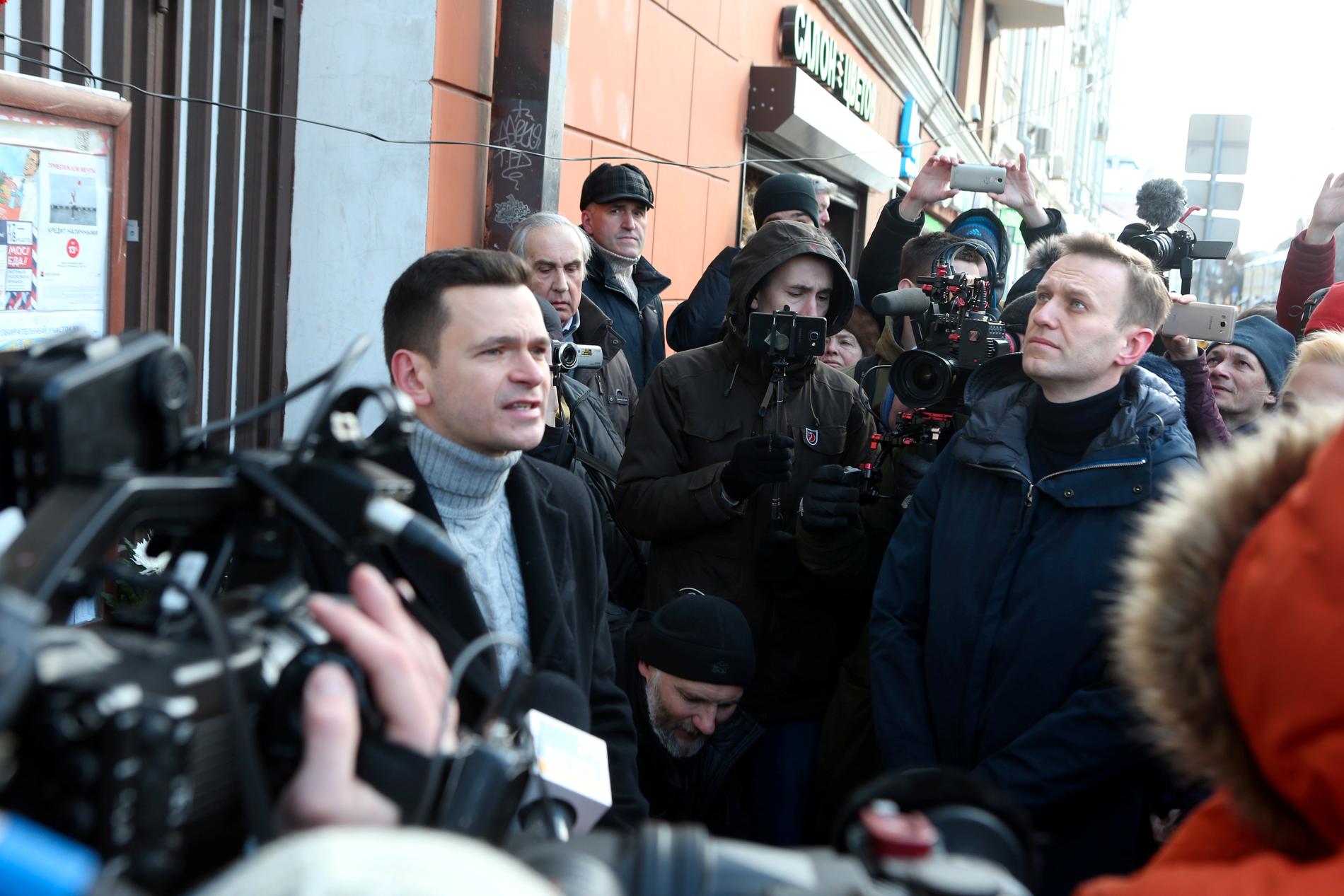 –
–The United States, for its part, has made it easier for certain groups of Russian citizens to gain entry and residence. Russian professionals no longer need an agreement with their employer first.
Russian oppositionists claim that 50,000–70,000 tech people left the country already in the first month of the war – and that at least as many have done so later. That means a massive brain drain.
The riches also disappear.
According to Henley and & Partners, around 15,000 dollar millionaires will move from Russia this year – many to Dubai and other places on the Persian Gulf.
Those who remain watch state-controlled Russian TV and are naturally shaped by the information that comes out there – and which every day becomes more and more propaganda.
One of those who only gets to see this TV news is Alexei Navalny, who has been moved to a high-risk prison between Moscow and Nizhny Novgorod.
The other day he expressed on Twitter that he “lived like Vladimir Putin”. With propaganda TV and tribute songs to the FSB over the public address system.
And with six-metre high fences all around, “just like Putin’s palace” by the Black Sea.
Fortunately, he still sees light in life, Alexei Navalny.
–

